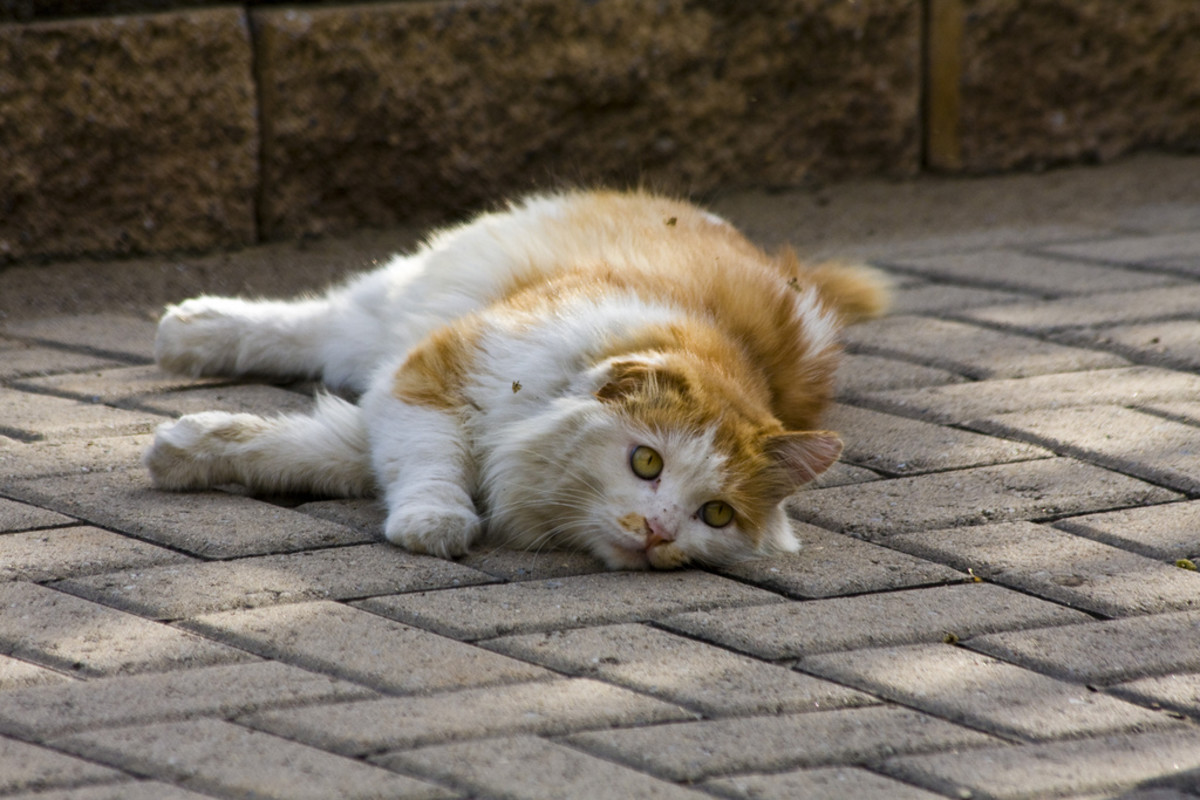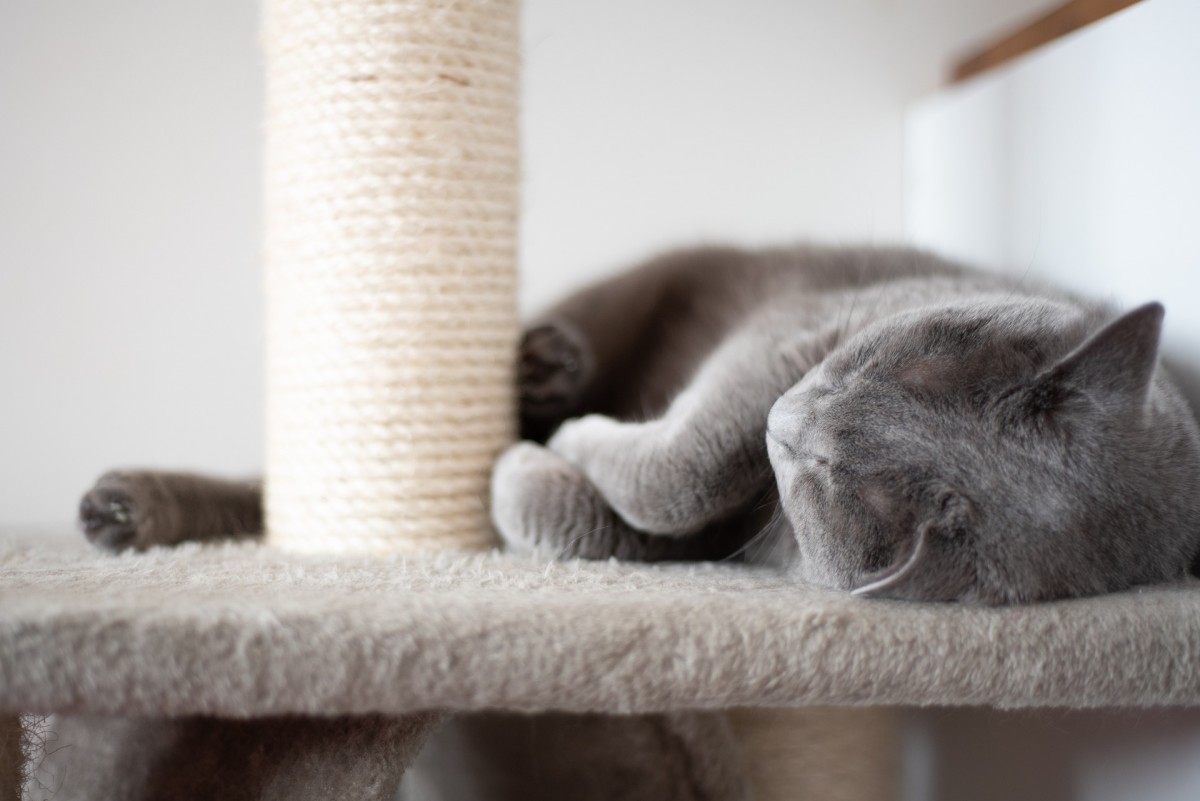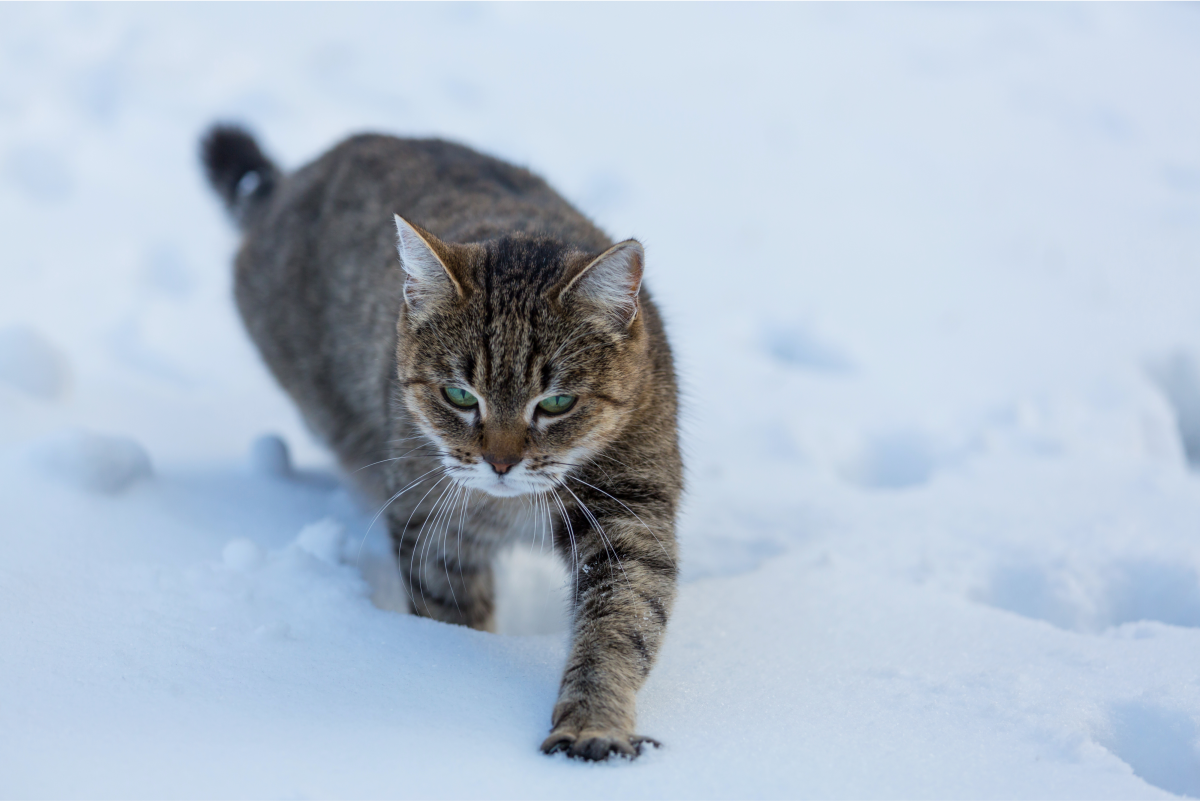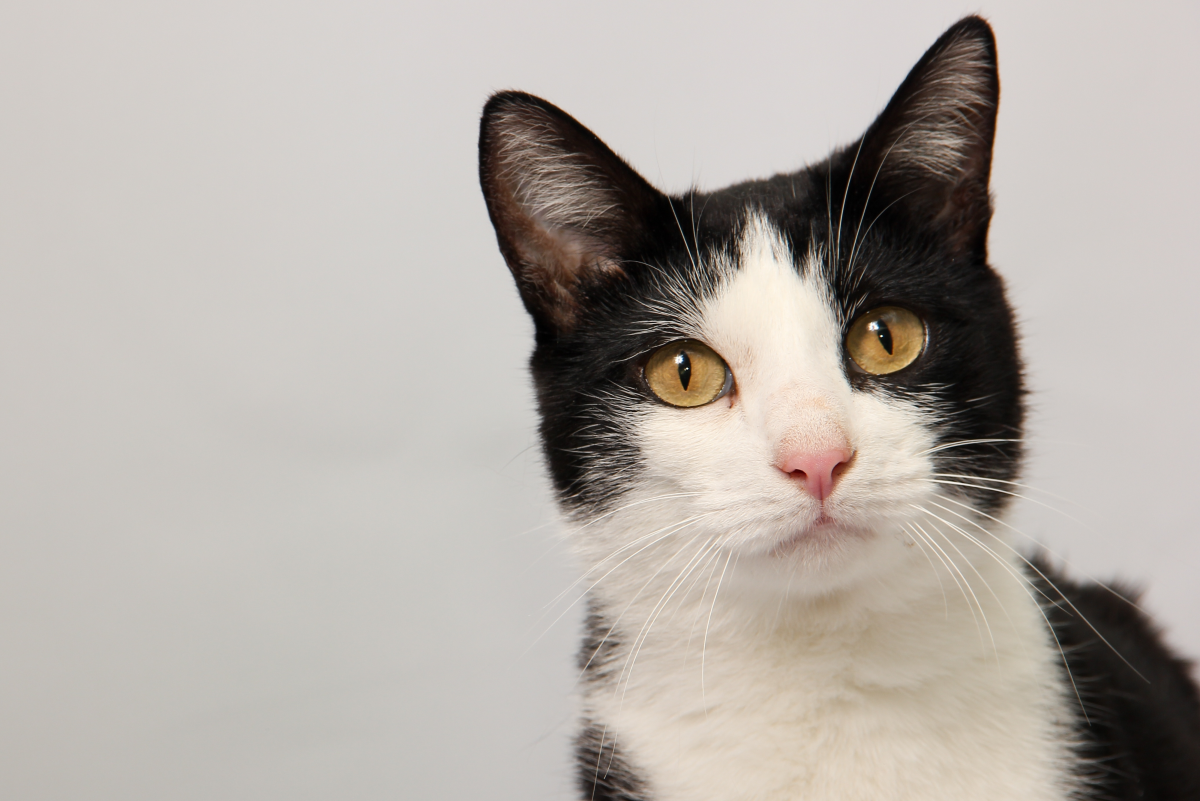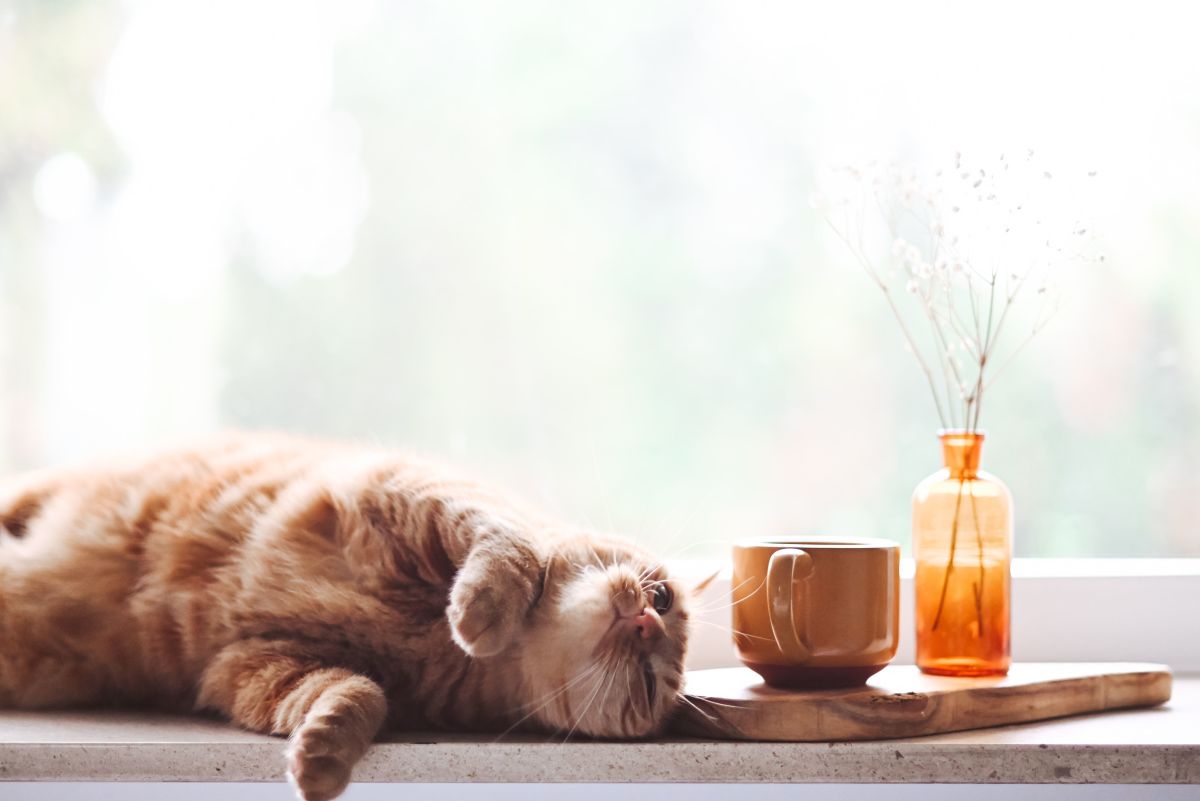Pros and Cons of Outside Cats

It's your ultimate decision as to whether or not you want your cat to be inside, outside, or a little of both. There are pros and cons associated with each option, but you'll find that more cat owners will prefer to keep their cat(s) inside and solely inside. Again, this is your opinion and choice, unless you live in a country that bans domestic cats from living outside, especially if declawed, as they would not be able to fully defend themselves.
You'll find that there are advantages and disadvantages to everything, to include leaving yoru cat outside. Before you make the decision check out the basic pros and cons of an outdoor cat.
Pros
There are very few pros to an outside cat. There were only two that I could accumulate.
Freedom. Many believe that cats are happier outside because they can exhibit their natural predatory skills of chasing bugs, birds, lizards, and other small prey items.
No litter box. For outdoor cats, there is no need for a litter box, as the world is one big litter box. This means that you do not have to fool with cleaning a litter box. You also won't have to worry about your cat having litter box problems, where he doesn't want to use the litter box in the house, resulting in soiled carpets, floors, and furniture.
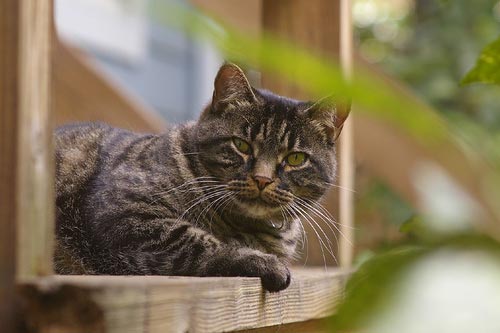
Cons
Cars and traffic. Leaving your cat outside, you can't protect your cat from cars and traffic in the road and even cars that may skid into your yard where your cat may be. Sometimes it's hard to stop if a cat runs out into the road, meaning sometimes it's just hard to miss them.
Other animals. You can't protect your cat from dogs, other cats, large birds, wolves, coyotes, bobcats, snakes, opossums, raccoons, and other larger wild and domestic animals that may take you cat and turn him into a prey item for dinner.
People. People are a common factor of abuse and deaths in animals, and with an outdoor cat you just can't monitor who your cat will come into contact with. Someone may assume the cat is a stray and poison it, kick it, or just overall harass it. Even with a collar, this is still a big problem, as people who don't like cats aren't going to care that the cat is your pet because it's in their yard.
Chemicals. Outdoor cats are at high risk to various outdoor chemicals such as pesticides, herbicides, antifreeze and other car products, spoiled foods, poisonous plants, etc.
Weather extremes. Extreme cold and heat can really take a told on a pet left outside, especially one as small as a cat. Plus, you'll have to worry about tornadoes, flooding, hurricanes, drought, etc. all depending on what area you live in and what you're climate is.

Disease and illness. It's proven that cats that live outside are more prone to disease and illness than a cat that's left inside. Outdoor cats have a higher risk of contracting feline AIDS, rabies, and feline leukemia. Outdoor cats are more susceptible abscesses caused by fights with other cats and other animals, and when left untreated can lead to infections and other health complications. Cats that are left outside are also at high risk to parasites caused by fleas and ticks, as well as other worms and parasites found in the ground and other cats and animals. Cats can also contract diseases and illnesses from killing and eating other animals, such as lizards and birds.
Shorter average lifespan. The average indoor cat will live about 14 years, whereas the average outdoor cat will live about 4 years. There are so many more dangers that and outdoor cat must face (to include the above- cars, animals, people, chemicals, weather, and health complications).
Not as social. Cats that are left as sole outside cats generally aren't as social as cats that are inside cats and around the family at all times.
* Note: un-altered outside cats increase the feral cat population, which result in a nuisance to residence owners. These cats are commonly captured and euthanized. Kittens and younger cats are sometimes altered and adopted into homes, and in some cases they are captured, spayed or neutered, and then released back into the wild.

